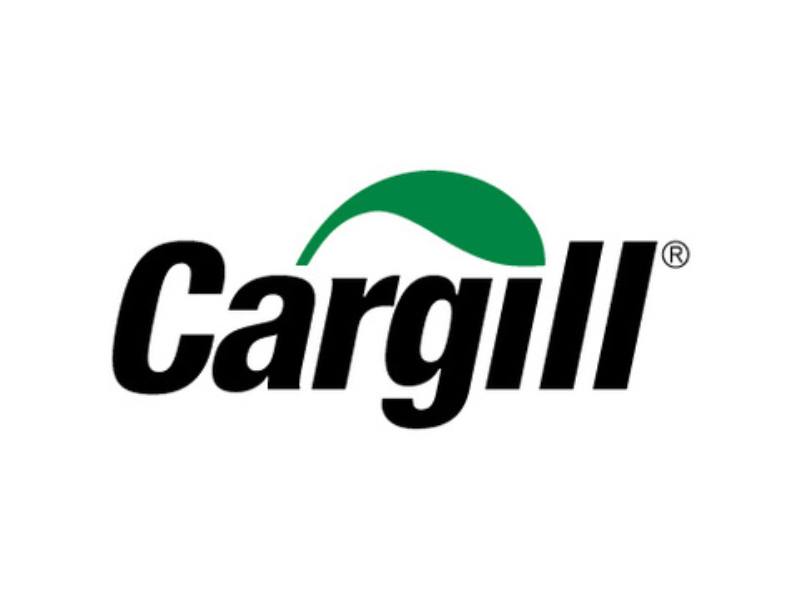As of Jan. 1, 2024, reportedly, Cargill’s fats and oils comply with the World Health Organization’s (WHO) recommended maximum tolerance level for industrially produced trans-fatty acids (iTFA) in fats and oils. Cargill has achieved this milestone by becoming the first global supplier whose entire worldwide edible oils portfolio meets the WHO’s best practice standard on iTFAs, limiting iTFA content to no more than two grams per 100 grams of fats/oils, including in countries where there is currently no legislative mandate.
While Cargill announced its commitment to removing iTFAs from its fats and oils portfolio in December 2021, the achievement reflects decades of work. The company’s iTFA journey spans more than a quarter century including early innovation, millions of dollars of investments in capital expenses and resources, and thousands of R&D hours. Along the way, Cargill has helped more than 400 customers create nutritious and tasty products that contribute to happier, healthier lives, removing more than 1.5 billion pounds of products containing iTFAs from the global food supply.
“We’re pleased to see Cargill’s continued commitment to reduce industrially produced trans fats in all their oils, recently achieving their goal to align with the World Health Organization’s recommended standards,” says René Lammers, PepsiCo’s chief science officer. “This move aligns with PepsiCo’s successful reduction of iTFAs in our foods to meet this same standard, and we encourage our fellow industry partners to join us in this important initiative to evolve our food and beverage portfolio to be better for the planet and people.”
In the past two years alone, Cargill has invested an additional $8.5 million to upgrade facilities to reduce the amount of trans fat produced during oil processing, while working closely with more than 100 additional customers in two dozen countries to reformulate new product solutions that meet their needs.
iTFAs are most often formed through the partial hydrogenation of vegetable oils (PHOs) but can also be created by high thermal treatment during edible oil refining. In 2018, the WHO called for the global elimination of iTFAs by 2023, noting that trans fats intake greater than 1 percent of total energy intake is associated with coronary heart disease events and mortality.

“We’re extremely proud that we’ve met our commitment and helped fulfil our purpose — nourishing the world in a safe, responsible and sustainable way,” said Natasha Orlova, Cargill vice president for edible oils and managing director for North America. “Taking this industry-leading step, even in countries without current iTFA legislation, helps ensure consistency in their supply chain for larger food manufacturers while offering Cargill’s breadth of innovation and experience to smaller manufacturers.”
To ensure compliance, Cargill has added iTFAs to its larger food safety and quality assurance program. This systems-based approach includes multiple layers of monitoring, compliance and auditing.
In its latest progress report, the WHO noted that policies limiting the use of iTFAs have only been implemented in 60 of the world’s countries, covering approximately 43% of the global population. This leaves the majority of the world’s consumers at risk for continued iTFA consumption. The report called on major suppliers of oils and fats to “follow the pioneering effort of Cargill to remove industrially produced TFA from the products that are sold to food manufacturers globally.”
“We are the first and only global edible oil supplier to commit to and meet the WHO standards consistently and across the board for our full global portfolio, and while we are understandably proud of this milestone, the WHO report highlights that much work remains,” Orlova said. “We have proven it is not only feasible to meet the iTFA recommendations while being mindful of saturated fat levels, but it can also be done without discernably changing the taste or texture of consumers’ favourite foods. We call upon other industry players to follow our lead and remove iTFAs from all their products, too.”
Cargill has also taken steps to help advance industry-wide reformulation during the past two years, particularly in countries that did not have iTFA regulation at the time of the company’s commitment. Among its actions, in Pakistan, Cargill partnered with the Sustainable Development Policy Institute on a public awareness campaign. In Malaysia and Mexico, the company interacted with industry, academic and government stakeholders to raise awareness of WHO best practices while sharing experiences and expertise in iTFA reformulation.




















